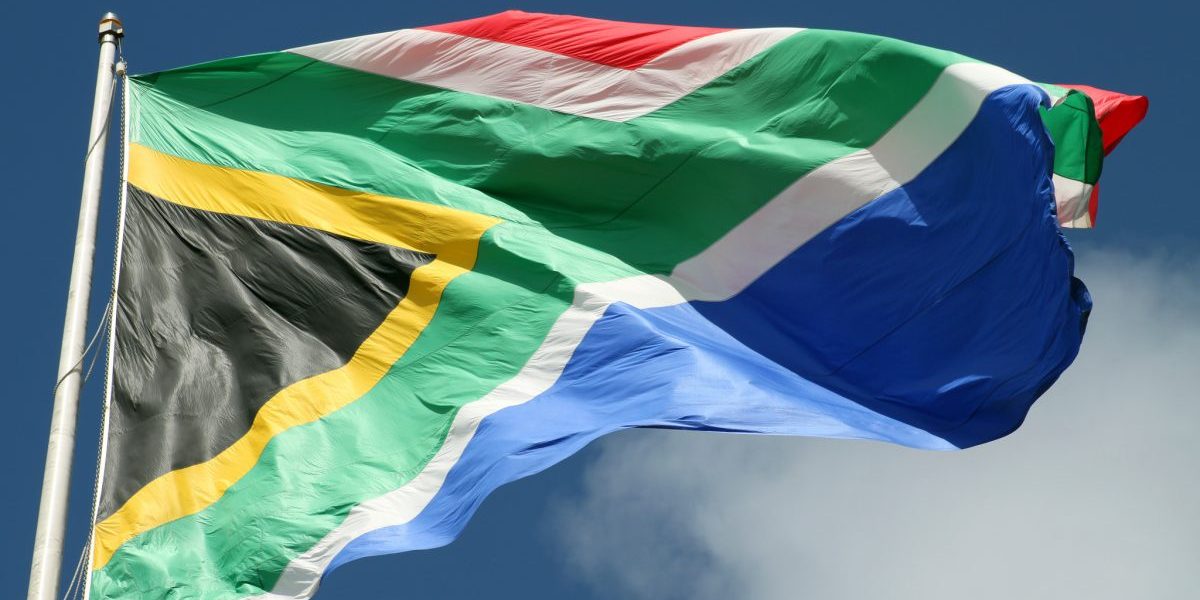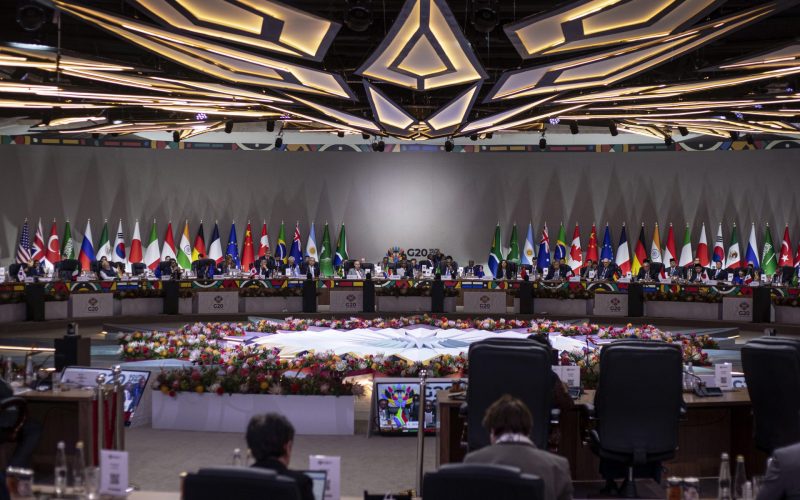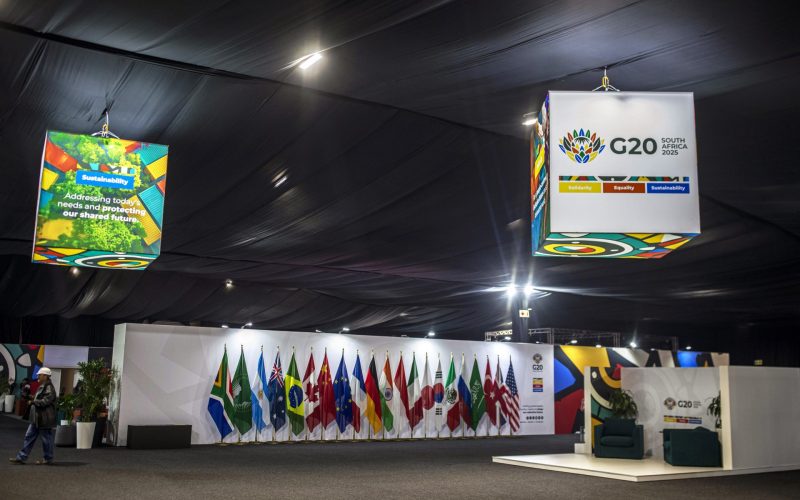A clutch of institutional, conjunctural and structural issues challenge the effectiveness of South Africa’s foreign policy, all of which demand sober consideration.
Emerging from its two-year non-permanent United Nations Security Council (UNSC) seat, the South African government regards its tenure as a significant success. Indeed, South Africa’s election to the UNSC saw it achieve the equal highest number of votes in support of its candidature. Yet the Western permanent members of the Security Council, (the P3), along with a number of the other non-permanent members, regard South Africa’s tenure as memorable for the wrong reasons. Whilst South Africa successfully advocated for stronger, more regularised, linkages between the UN and the AU, particularly on security matters and peace-keeping, this success has been overshadowed by its UNSC positions on Burma, human rights, rape as a war crime and Zimbabwe.
The root to this imbroglio rests on two issues. The first is a difference of interpretation over the role, scope and mandate of the UNSC. For a group of progressive, like-minded states, the mandate of the UNSC has been and must continue to be, redefined and broadened, to include consideration of human rights abuses by tyrants and dictators, particularly where the principle of the responsibility to protect is invoked. However, the broadening of the scope of the UNSC gives rise to the charge that the P5 (and the United States in particular) forces issues onto the agenda that are of political and strategic value to it, rather than those relating international peace and security. The second and related concern underlying South Africa’s positions and voting behaviour is informed by its desire to see wholesale reform of the UN and the Security Council in particular. In this regard, South Africa carries the mandate of the African Union and indeed shares this commitment with a raft of emerging powers that see the UNSC structure and veto system as arcane and unjust. Thus whilst this is never officially acknowledged, South Africa’s ‘independent’ positions on the UNSC, can to some degree, be seen as emblematic of a broader protest against the current UNSC configuration.
What then of domestic considerations informing the role, scope and efficacy of South Africa’s foreign policy in the medium term? Despite his caretaker status and lacking international experience, President Kgalema Motlanthe spent some four pages of a nineteen page 2009 State of the Nation Speech reviewing matters of foreign policy and international relations, but it is the Foreign Affairs appropriation for 2009/10 as outlined in Finance Minister Trevor Manuel’s budget that reveals the more moderate ambitions (and capacities) over the medium term.
The 2009/10 appropriation of R5,337 billion is, in fact, at a similar level to the adjusted 2008/09 appropriation and the medium term expenditure for 2010/11 and 2011/12 show a mere R135million and R29 million year-on-year increase respectively. Perhaps as instructive is that the number of new missions the country intends opening over the next three years is four. Indeed whilst South Africa will not have a mission in every country by 2012, it will increase its representation from the current 46, to 49. Thus South Africa’s programme to establish its diplomatic footprint across the globe has been accomplished and its breathtaking growth in international representation is more-or-less complete. Whereas the bricks and mortar and institutional architecture of South Africa’s global footprint are established, the more searching question is that of programmatic content. It is here that domestic politics, as much as global dynamics, may insert themselves into policy.
The first consideration is rooted in South Africa’s domestic political and institutional configuration. Recent domestic political discourse has been fixated with the institutional tensions of two centres of power; that of the ruling party and its alliance partners on the one hand and the government on the other. Since the resignation of former President Mbeki and his replacement by Kgalema Motlanthe, such dichotomous tensions have largely been held in check. However, a precedent has been set by the ruling party in effectively removing a serving State President and henceforth, Mbeki’s successors will be more Janus-faced and indeed circumscribed in their powers which may extend to greater party influence on South Africa’s foreign policy. This party influence could grow further with the establishment of the mooted ANC policy institute.
The second crucible of foreign policy formulation will be that of the relationship between the Presidency and the Department of Foreign Affairs post the 2009 general election. Whilst Thabo Mbeki was a quintessential foreign policy President, neither Kgalema Motlanthe, nor ANC presidential nominee Jacob Zuma, exhibit the same ardour for, or experience in, foreign policy or international relations. Moreover, it was Mbeki’s failure to continuously ground and bind party and government relations domestically that provided the groundswell leading to his defeat in Polokwane and his eventual ousting by his own party. The lesson for any future President of South Africa is to prioritise domestic challenges (lest they morph into crises), before tackling the long-term structural pathologies of the global political economy. Whilst it is axiomatic that South Africa’s long-term success is linked to that of the continent of Africa, the country’s short-term imperatives are those of rapid economic growth, social development and service delivery. This can only be achieved in a country that is configured to be globally competitive in all of its key sectors. Thus, the point of departure for the new administration ought to be a clear identification of South Africa’s domestic and developmental goals and the alignment of foreign policy to achieve these in a rapid, yet sustainable manner.
Furthermore, the Treasury has inserted itself as a key point on core aspects of South African foreign policy prioritisation. Uncertainty over the future of Finance Minister Trevor Manuel and the tightly-knit and highly effective team he and former DG Maria Ramos have built and the Department’s relationship to the rest of cabinet and the Presidency is a further pressure point that may impact on the range and effectiveness of South Africa’s foreign policy engagement.
Moreover, the recruitment, retention and career management of skilled foreign policy practitioners remains an Achilles heel of the Department of Foreign Affairs. Whilst executive stability and focus has returned to the DFA pursuant to the appointment of Director General Dr Ayanda Ntsaluba, the Department remains understaffed in key areas, particularly those of highly skilled managers and above.
Finally, in addition to the budgetary, political and institutional constraints on South African foreign policy in the near term, the country is about to be struck by a tsunami of economic volatility in the form of the looming contagion of the global financial crisis, which will turn the government’s moniker from one of ‘business unusual’, to ‘all hands on deck’ to keep the good ship South Africa holding a steady and progressive course.








